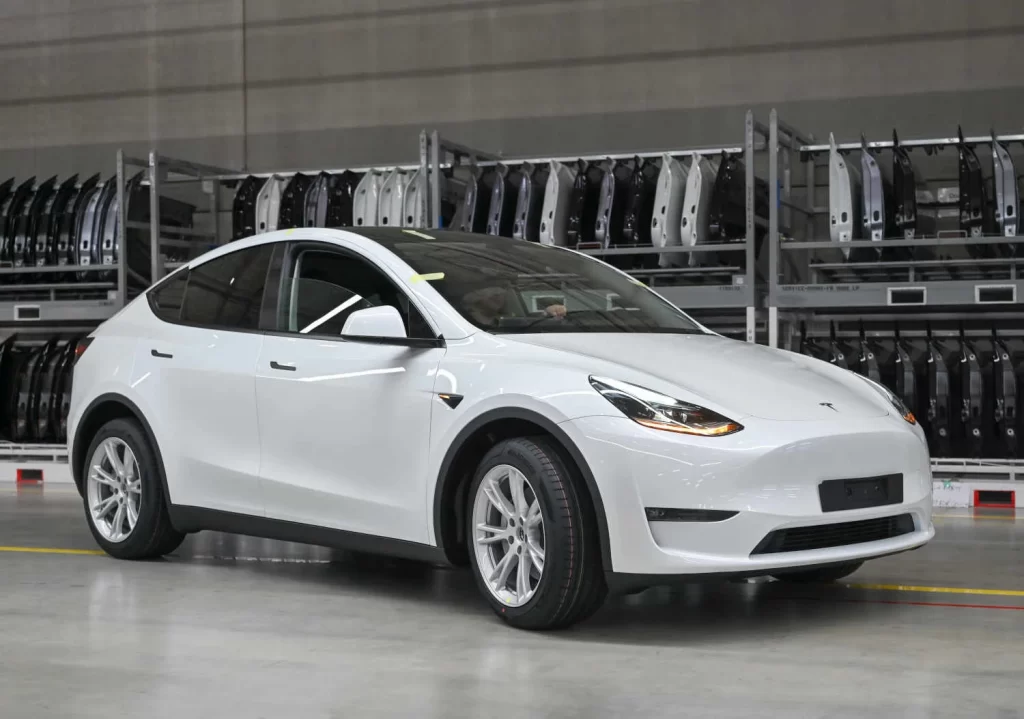iSeeCars, a popular automotive research website, recently delved into the depths of the National Highway Traffic Safety Administration’s (NHTSA) recall database. After taking a careful look at models from 2014 to 2023, they found that most recalled car brand is Tesla. This discovery gives us insight into which cars are prone to more technical pitfalls throughout their estimated 30-year life cycle.
Believe it or not, Tesla has the highest number of recalled cars– with 4 models from the company taking up the top 5 spots. The lists consists of the Model 3, Y, S, and X. Interestingly enough, Porsche had four models on the list too– so apparently luxury car makers have an issue with quality control. The fact that Lexus, Mercedes-Benz, and Toyota were among the manufacturers with the fewest recalls, in contrast, shows their dedication to upholding high standards and safety features in their cars.
In response to the study’s findings, Karl Brauer, the Executive Analyst at iSeeCars, noted that there is a broad range of recall activity between the most and least recalled models. Over the course of their 30-year existence, some vehicles, including the Lexus NX 300h and Nissan 370Z, are predicted to experience fewer recalls than others. On the other hand, it is anticipated that between 20 and 62 recalls will occur for the most recalled vehicles, which include two Volkswagens, Tesla, and Porsche models.
One notable aspect of the study is that the cars with the fewest recalls are predicted to have “1 or fewer predicted recalls” over 30 years. Meanwhile, the most recalled models are expected to be recalled at least 10 times during their lifespan. These findings emphasize the importance of considering recall history for potential new car buyers as they make their vehicle choices.
It is important to note that despite the recent spike in Tesla recalls, many of them were resolved with over-the-air software updates. While this implies that some problems can be resolved without the need for a service call, it doesn’t lessen the need of proactively addressing safety concerns.
Overall, the study underscores the significance of monitoring and addressing recalls promptly, regardless of whether they involve physical visits to service centers or software updates. It also serves as a reminder to car manufacturers to prioritize safety and quality control throughout the production process to ensure their vehicles meet the highest standards and provide a safe driving experience for consumers.

